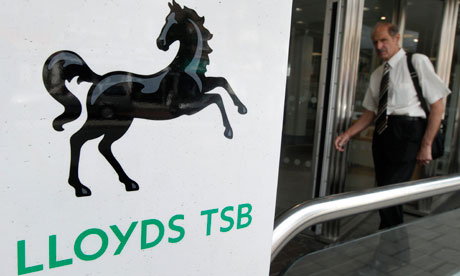

The chief executive, Paul Pester, was forced to resign within months of the meltdown, after intense criticism from regulators and MPs, and an independent investigation concluded that TSB’s board lacked “common sense” and was shifting customers to the new platform before it was fully tested. But failed attempts to move customers en masse to the new system that April left millions of people locked out of their accounts for weeks, with some still facing issues in December that year. The episode was linked to TSB’s decision to move customers to a new IT system in 2018, meant to finalise its separation from Lloyds that started five years earlier. The bank has already paid £366m, including £32.7m for customer redress, as well as funding a rebuild of its IT systems and an independent report into internal failings.

The £48.7m fine means the IT meltdown has cost TSB more than £400m. “The firm failed to plan for the IT migration properly, the governance of the project was insufficiently robust and the firm failed to take reasonable care to organise and control its affairs responsibly and effectively, with adequate risk management systems,” he added. “The failings in this case were widespread and serious which had a real impact on the day-to-day lives of a significant proportion of TSB’s customers, including those who were vulnerable,” said Mark Steward, the FCA director for enforcement.


 0 kommentar(er)
0 kommentar(er)
